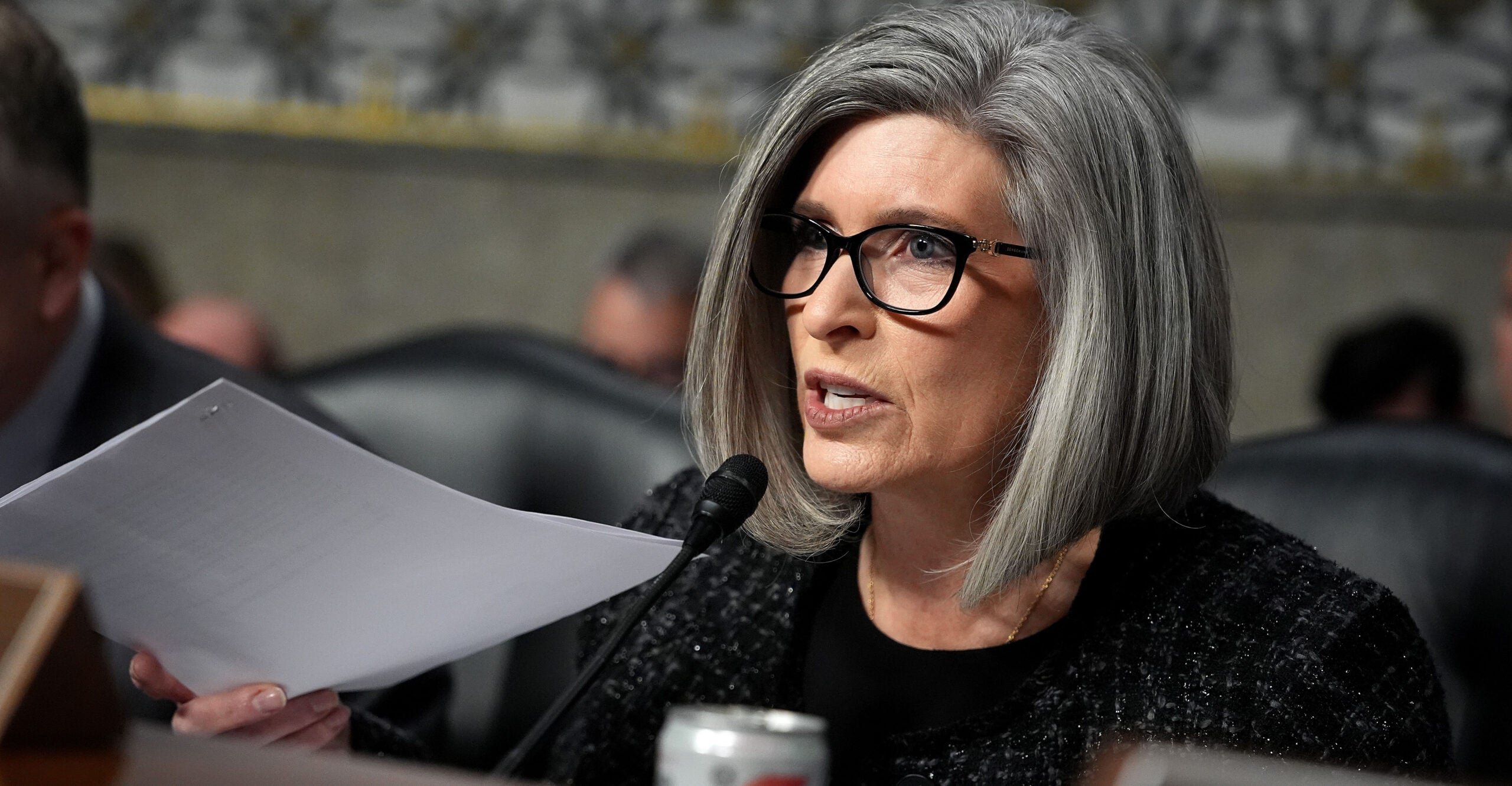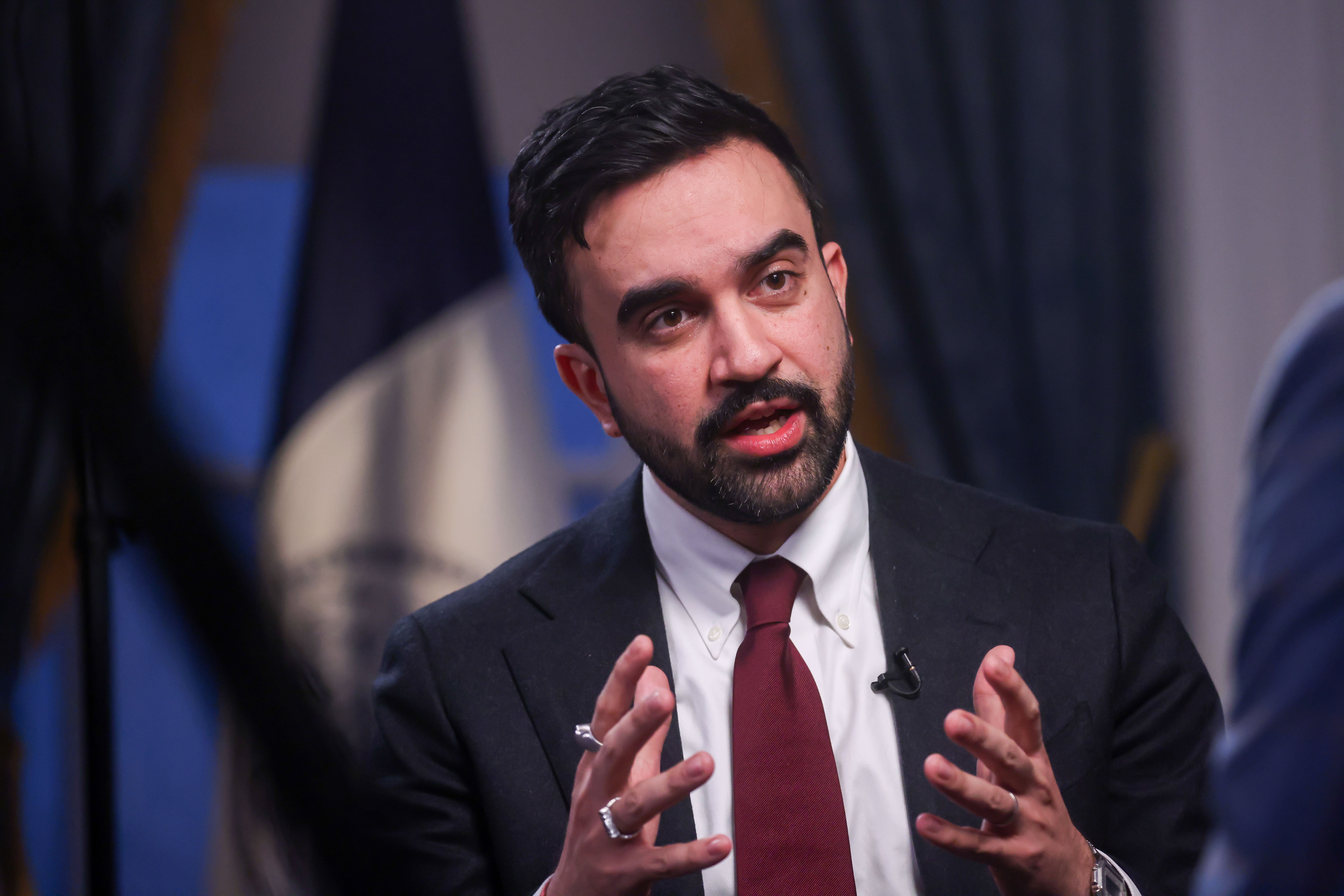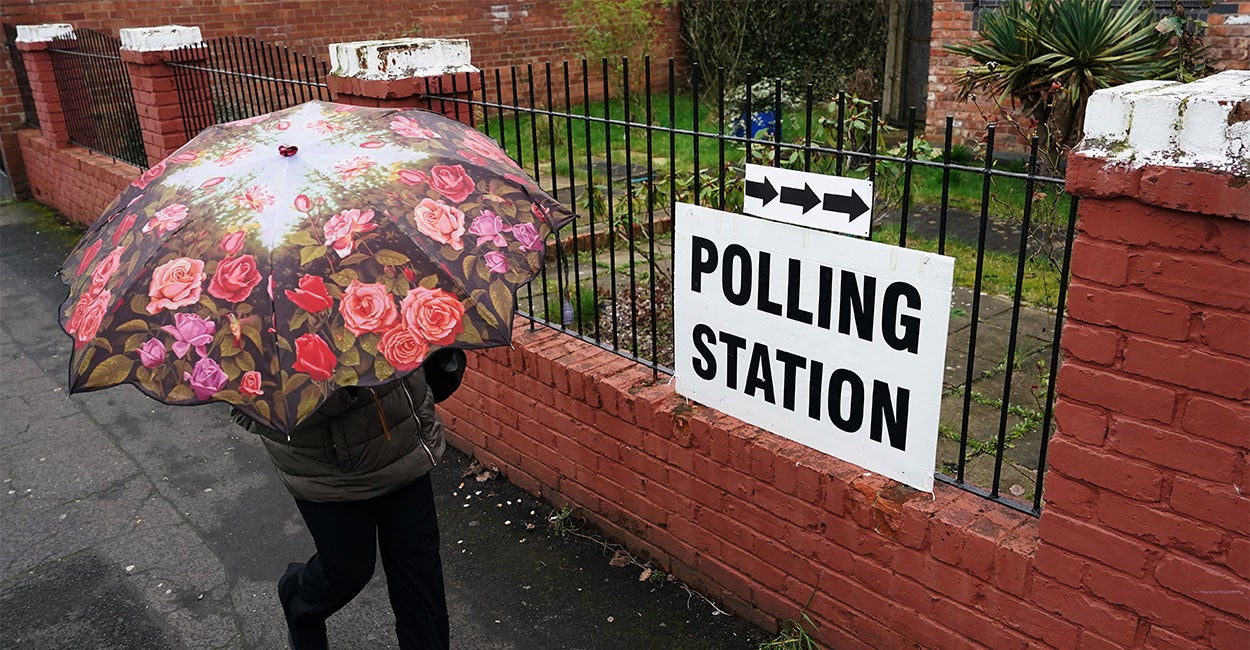Taxpayers Fund Transgender, DEI Apps With Grants Meant for National Security

Federal small business grants intended for national defense technology have gone to create mobile apps for gay men, “transgender” women, and LGBTQ parents, and have funded other diversity, equity and inclusion programs.
Live Your Best Retirement
Fun • Funds • Fitness • Freedom
Senate Small Business Committee Chairwoman Joni Ernst, R-Iowa, has proposed the Investing in National Next-Generation Opportunities for Venture Acceleration and Technological Excellence Act, or the INNOVATE Act, to reform certain grant programs by eliminating DEI considerations or awards. The focus would shift to expand funding to small businesses in rural America.
“Your tax dollars should never be wasted on nonsense, especially when they are supposed to be spent on America’s national security,” Ernst told The Daily Signal in a statement.
Funding for two programs that Ernst’s bill focuses on, Small Business Innovation Research and Small Business Technology Transfer, is set to expire on Sept. 30 unless Congress reauthorizes it.
“The SBIR-STTR [Small Business Innovation Research and Small Business Technology Transfer] programs are designed to be America’s seed fund to develop game-changing innovation to maintain our nation’s technological edge,” Ernst added. “My INNOVATE Act eliminates DEI from these critical programs and refocuses them on their mission of delivering for our warfighters.”
Examples of problematic grants include:
1) A $1.39 million grant from the National Institutes of Health for “Mobile App Promoting Sexual Health for Young Black Men Who Have Sex with Men.” The grant stretched from 2018 through 2021, and was issued to Dfusion, based in Scotts Valley, California.
“The program employs a theory-based approach to address essential knowledge, perceptions of risk, peer norms, attitudes, and skill with two primary goals: (1) To reduce HIV/STI [sexually transmitted infections], the program emphasizes partner reduction, avoidance of concurrent partners, condoms, and HIV/STI tests; and (2) to improve sexual health and relationships, it helps participants to become clearer about what they do/don’t want to do sexually, to communicate their choices, and to learn ways to enhance sexual experience while reducing HIV/STI risk,” the grant description says.
2) The NIH separately awarded $1.66 million to Dfusion to develop “Trans Women Connected: a mobile app-delivered sexual health promotion program” for the second phase of the project, issued in 2018. This came after the NIH previously awarded $224,972 for the project in 2017. The phase one description says the project stretches to 2028.
“This project will address these gaps by completing the development of Trans Women Connected: A Sexual Health Promotion Mobile App designed to engage transgender women through a strengths-based approach to HIV/sexual health that uses the power of social networks to identify and encourage protective factors that support the health and well-being of transgender women,” the grant description says.
3) The Department of Health and Human Services awarded a $283,526 grant for “Evidence-based Parent Training for Diverse Families.” The award went to IRIS Media Inc., based in Eugene, Oregon.
“People who identify as LGBTQ+ and whose relationships do not fit within heterosexual and/or cisgender norms—are increasingly having children or considering having them. LGBTQ+ parents generally experience similar parenting problems as heterosexual, cisgender parents, but they also face unique challenges related to their sexual orientation and/or gender identity,” the grant description says. “LGBTQ+ parents need effective, evidence-based training to address their unique needs and develop skills to mitigate external stressors and facilitate resilience and empowerment.”
Among other things, the INNOVATE Act would also require businesses with dozens of grant awards each to be commercially viable and not exclusively rely on federal small business awards as a source of perpetual revenue.
The Ernst legislation would also create a standardized formula to safeguard critical innovation from falling into the hands of China or other foreign adversaries. This would involve restrictions on funding companies that share technology with companies based in adversarial nations that they work with.
While 835 applications across government for Small Business Innovation Research and Small Business Technology Transfer grant funding were flagged in 2023 and 2024 for having foreign risks, just 303 were denied for their ties to adversaries, according to a report issued by Ernst.
The report asserted that hundreds of millions of dollars in technology funded by taxpayer dollars was vulnerable to Chinese espionage and that there was a lack of due diligence standards across government agencies to protect such technology.
Ernst also said that in the past decade, just 25 companies—making up 0.5% of award recipients in the Pentagon’s Small Business Innovation Research program—got 18% of the grants, or about $2.3 billion.
The INNOVATE Act would reserve 2.5% of all SBIR grants across government agencies for smaller, one-time $40,000 awards to new applicants with a shorter, streamlined application focused on the commercialization potential of their innovation. It would further eliminate funding for underperforming pilot programs.
Neither Dfusion or IRIS Media replied to phone and email inquiries for this story.
The post Taxpayers Fund Transgender, DEI Apps With Grants Meant for National Security appeared first on The Daily Signal.
Originally Published at Daily Wire, Daily Signal, or The Blaze
What's Your Reaction?
 Like
0
Like
0
 Dislike
0
Dislike
0
 Love
0
Love
0
 Funny
0
Funny
0
 Angry
0
Angry
0
 Sad
0
Sad
0
 Wow
0
Wow
0












































































